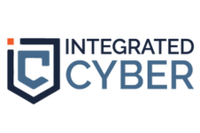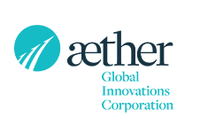Imperva Protects NetRefer Website and Customers From Cyberattacks
Imperva (NASDAQ:IMPV) has announced that NetRefer is using Imperva’s Incapsula service to protect its website from cyberattacks. As quoted in the press release: NetRefer deployed the Incapsula service across its customer-facing websites to ensure protection from malicious attacks using the service’s Web Application Firewall (WAF) feature. NetRefer provides performance marketing software that helps companies automate …
Imperva (NASDAQ:IMPV) has announced that NetRefer is using Imperva’s Incapsula service to protect its website from cyberattacks.
As quoted in the press release:
NetRefer deployed the Incapsula service across its customer-facing websites to ensure protection from malicious attacks using the service’s Web Application Firewall (WAF) feature.
NetRefer provides performance marketing software that helps companies automate their entire affiliate life cycles, from enrollment through CRM management, tracking, finance and rewards management, payments, and more. As the company has grown, its platforms have become increasingly vulnerable to attacks.
While NetRefer had DDoS protection from its hosting environment, it was extremely limited in its ability to scrub traffic, and it lacked a WAF. In addition, the hosting environment was not able to provide the kind of cross-platform visibility that NetRefer’s IT team needed to enable them to see and fix problems early on.
After investigating various solutions, and consulting a leading market research firm’s report on Web Application Firewalls, the NetRefer IT team found Incapsula to be the only cloud-based WAF that met its requirements of being easy to use, able to keep downtime to a minimum, and fully scalable, fast and reliable.
“Severe disruptions to our services could seriously impact our revenue,” said Christian Cutajar, IT manager for NetRefer. “Being able to identify threats and block them on the fly is critical. By strengthening our security, we can show our clients that their data is safe.”

